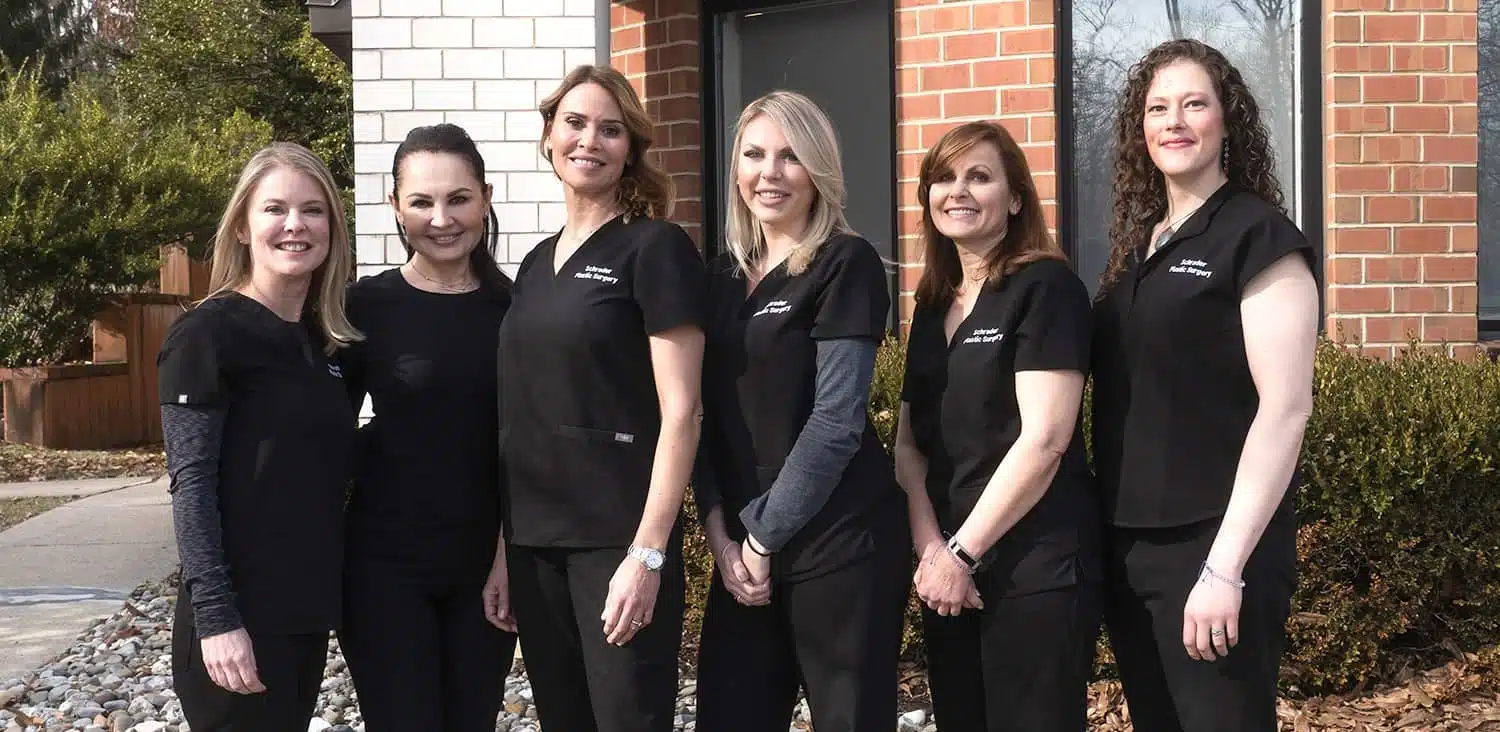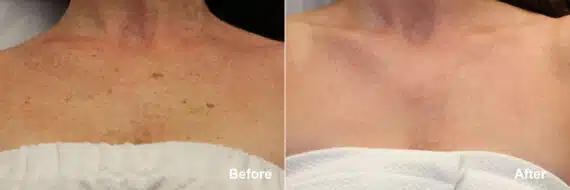Laser skin resurfacing is a popular cosmetic procedure designed to improve skin texture, tone, and overall appearance. Whether you’re looking to reduce wrinkles, scars, or pigmentation, this treatment offers a non-invasive way to rejuvenate your skin. But is it the right choice for you?
Like any cosmetic treatment, laser resurfacing has its advantages and drawbacks. Understanding these can help you make an informed decision about whether this procedure aligns with your skincare goals.

Is Laser Resurfacing Worth It?
Yes, laser resurfacing is considered worth it by many patients due to its ability to deliver significant skin improvements with minimal downtime and cost compared to surgical options. According to RealSelf, most people find both ablative and non-ablative laser resurfacing treatments to be a good investment, given their ability to enhance skin quality and reduce imperfections.
However, as with any cosmetic treatment, there are benefits and potential downsides that should be carefully considered before making a decision.
Laser Skin Resurfacing Benefits and Drawbacks
Laser skin resurfacing is a popular cosmetic procedure that offers numerous benefits, but it’s essential to weigh these against potential drawbacks to take the best route for you.
Pros of Laser Resurfacing
- Reduction of Wrinkles and Fine Lines: Laser resurfacing effectively diminishes the appearance of facial wrinkles and fine lines, promoting a more youthful look.
- Improvement of Skin Tone and Texture: The procedure can address uneven pigmentation and rough skin texture, resulting in a smoother and more even complexion.
- Minimally Invasive with Quick Recovery: Compared to surgical options, laser resurfacing is less invasive and typically involves a shorter recovery period, allowing patients to resume daily activities sooner.
Cons of Laser Resurfacing
- Risk of Side Effects: Potential side effects include redness, swelling, and temporary discomfort. In some cases, changes in skin pigmentation or scarring may occur.
- Multiple Sessions May Be Required: Depending on the severity of skin concerns, multiple treatment sessions might be necessary to achieve desired results, leading to increased time and financial investment.
- Not Suitable for All Skin Types: Individuals with certain skin tones or conditions may not be ideal candidates for laser resurfacing, as the procedure can sometimes cause pigmentation issues.


Trust your face to a specialist
My Goal is to create Harmony, Balance & true Beauty
Aftercare Tips To Ensure Optimal Results from Laser Resurfacing
Proper aftercare is essential to achieve optimal results from laser skin resurfacing and to ensure a smooth recovery. Here are some key tips to follow:
1. Keep the Treated Area Clean and Moisturized
- Gentle Cleansing: Cleanse the treated area with a mild, non-abrasive cleanser to remove impurities without irritating the skin.
- Moisturize Regularly: Apply a recommended moisturizer or ointment, such as petroleum jelly, to keep the skin hydrated and promote healing.
2. Protect Your Skin from Sun Exposure
- Avoid Direct Sunlight: Stay out of the sun, especially during peak hours, to prevent damage to the sensitive, healing skin.
- Use Sunscreen: Once the skin has healed sufficiently, apply a broad-spectrum sunscreen with at least SPF 30 to protect against UV rays.
3. Manage Swelling and Discomfort
- Elevate Your Head: Sleeping with an extra pillow can help reduce swelling.
- Use Cold Compresses: Applying ice packs or cool, wet cloths can alleviate swelling and discomfort in the initial days post-treatment.
4. Avoid Picking or Scratching
- Hands Off: Refrain from touching, picking, or scratching the treated area to prevent infection and scarring.
5. Follow Your Provider’s Instructions
- Adhere to Guidelines: Carefully follow any specific aftercare instructions provided by your healthcare professional to ensure the best outcome.
By diligently following these aftercare tips, you can enhance the healing process and achieve the desired results from your laser skin resurfacing treatment.
Laser Resurfacing before & after photos
* All patients are unique and individual results may vary.
What Type of Laser Treatment is Best for Me?
Choosing the right type of laser resurfacing depends on your skin concerns, goals, and tolerance for downtime. There are three main types of laser resurfacing treatments, each offering different benefits for different skin types and conditions.
Ablative Laser Resurfacing
Ablative laser resurfacing removes the outermost layers of skin to treat deep wrinkles, scars, and significant sun damage. The heat from the laser stimulates collagen production, leading to long-term skin improvement. While results are often dramatic and long-lasting, the treatment requires a longer recovery period, usually ranging from one to three weeks.
Best for: Individuals with deep wrinkles, severe sun damage, or acne scars who are willing to undergo a longer healing process for more dramatic results.
Non-ablative Laser Resurfacing
Non-ablative laser resurfacing heats the deeper layers of the skin without removing the surface, stimulating collagen production to improve texture and tone over time. This treatment is less invasive than ablative resurfacing, requiring minimal downtime. However, it typically requires multiple sessions to achieve optimal results and is best for mild signs of aging.
Best for: Patients looking for gradual skin rejuvenation with little to no downtime, ideal for treating fine lines, mild pigmentation, and early signs of aging.
Fractional Laser Resurfacing
Fractional laser resurfacing creates tiny micro-injuries in the skin, triggering the body’s natural healing response while leaving surrounding tissue intact. This method promotes collagen and elastin production, improving wrinkles, acne scars, and sun damage. It offers a balance between effectiveness and recovery, making it a popular choice for those seeking noticeable results with less downtime.
Best for: Those seeking a middle-ground option that provides noticeable improvements with less downtime than fully ablative treatments.
Who Should Perform My Laser Resurfacing Treatment?
Choosing the right provider for your laser skin resurfacing treatment is crucial for achieving safe and effective results. A board-certified facial plastic surgeon or dermatologist with extensive experience in laser treatments can help ensure the procedure is tailored to your specific skin type and concerns.
Dr. Nicole Schrader, a double-board-certified facial plastic surgeon, specializes in facial procedures and laser treatments with over 20 years of experience and 13+ years in private practice. Her expertise ensures that patients receive high-quality care with personalized treatment plans. Call us today at 609-279-0009 to schedule a consultation and take the first step toward rejuvenated, radiant skin.


